What are the best ways to speed up MLB games in 2018?
Additional pace-of-play initiatives are coming to Major League Baseball this season.
Commissioner Rob Manfred has made it his mandate to speed up the game, and has demonstrated an openness to experiment with ideas. The latest came Tuesday, when it was reported the league is considering an extra-innings rule to be used in spring-training games that would see a runner placed on second base to start the 10th inning and beyond.
While that idea reportedly won't be considered for regular-season games anytime soon, what pace-of-play rules could be implemented in time for the 2018 campaign? theScore's MLB editors took a shot at suggesting their own:
Keep hitters in the box, pitchers on the mound
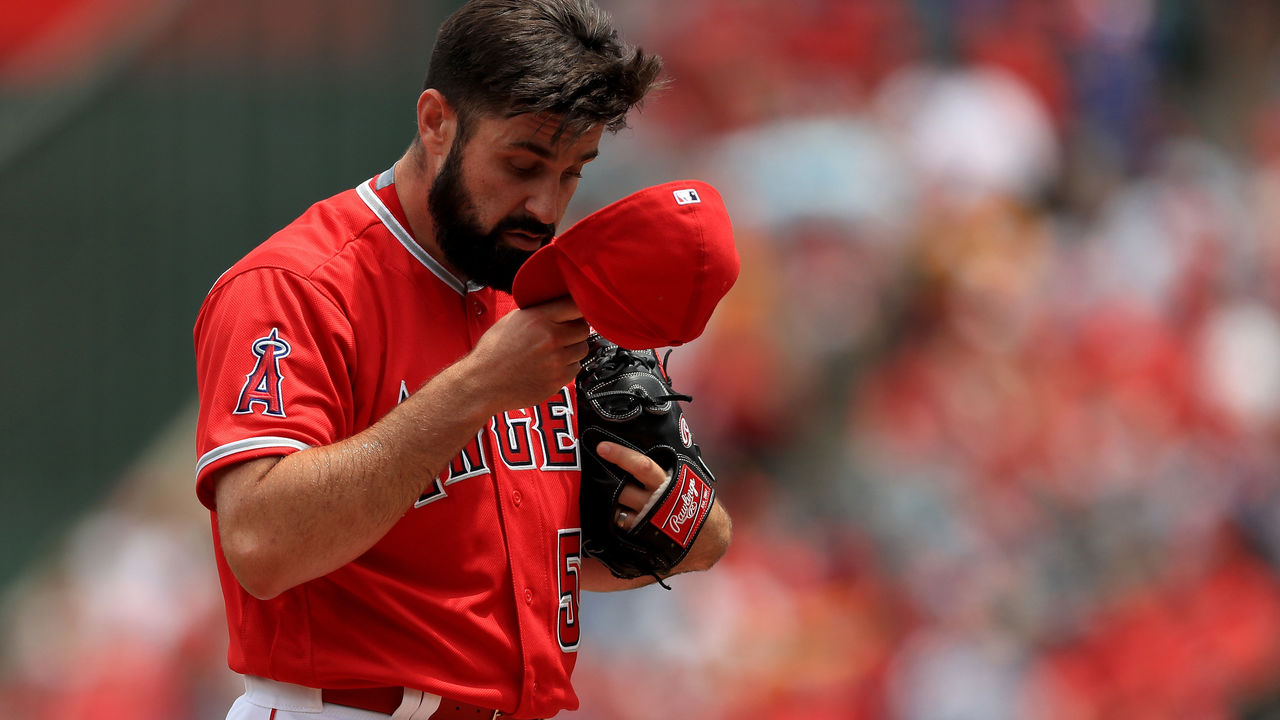
The majority of wasted time in the majors comes in between pitches. Batters step out of the box to readjust their gloves and helmet while pitchers walk around the mound, look at the crowd, and rub the baseball. It's painful at times, happens constantly, and kills the pace of the game. Plus, it's more habit than performance-related. If players really need to adjust anything during an at-bat, they are still free to call time. In 2017, there was an average of 23.8 seconds between pitches, according to Fangraphs, which was the longest since data began being collected in 2007. And with roughly 300 pitches in each game, there are a lot of opportunities to cut off time. - Brandon Wile
Fix replay by instituting blind challenges
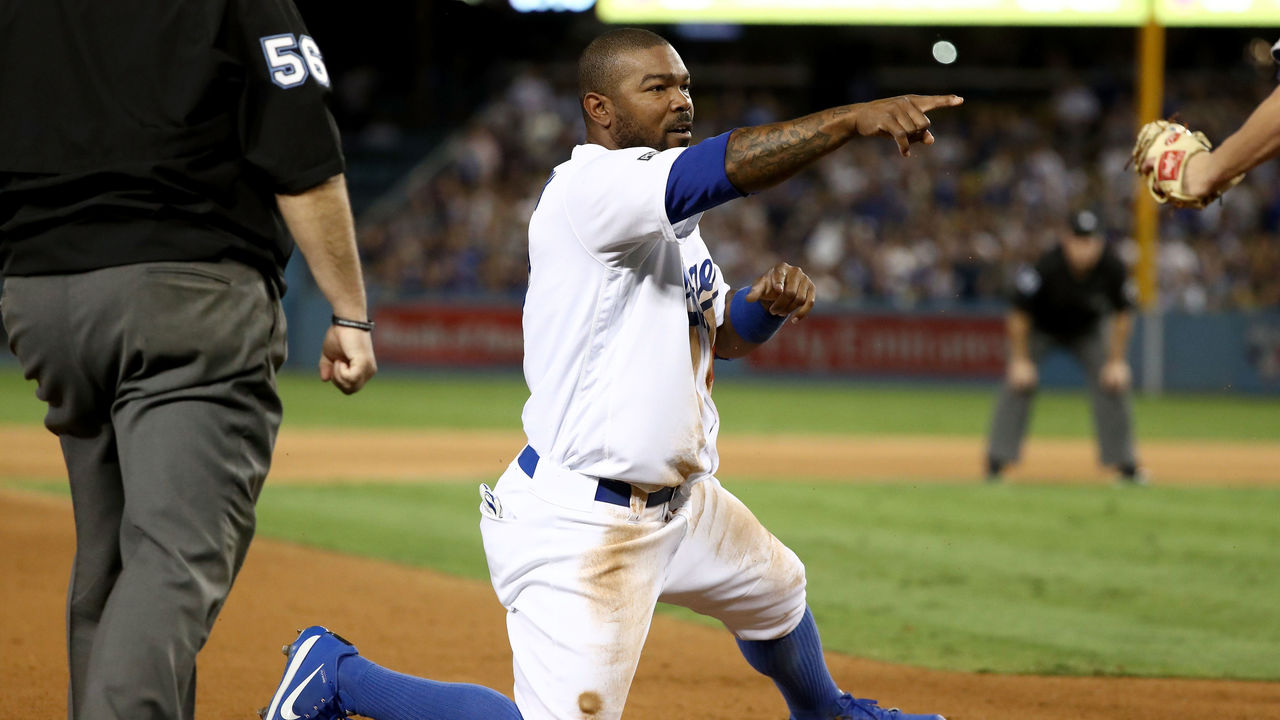
Nothing slows down the momentum of a baseball game quite like the ludicrous theatrics involved anytime a manager and his coaching staff are trying to buy time while determining whether to challenge a ruling. The whole charade is tiresome and makes viewers long for the days when everything was left up to umpire error simply because there weren't massive chunks of dead time clogging up the arteries of the game like that $20 chili cheese dog wreaking havoc on your insides.
The rules should require the manager to make his challenges without the benefit of further internal review. Eliminate stall tactics, and have a short window of 10 seconds or fewer to request a replay. If the call is upheld, the team will have no further challenges. Even if it doesn't exponentially shorten the average length of games, it will improve the general flow. Reducing the amount of times this interminable interruption rears its ugly head is more important than getting the call perfectly accurate every time. - Jason Wilson
Enforce the 12-second rule that already exists
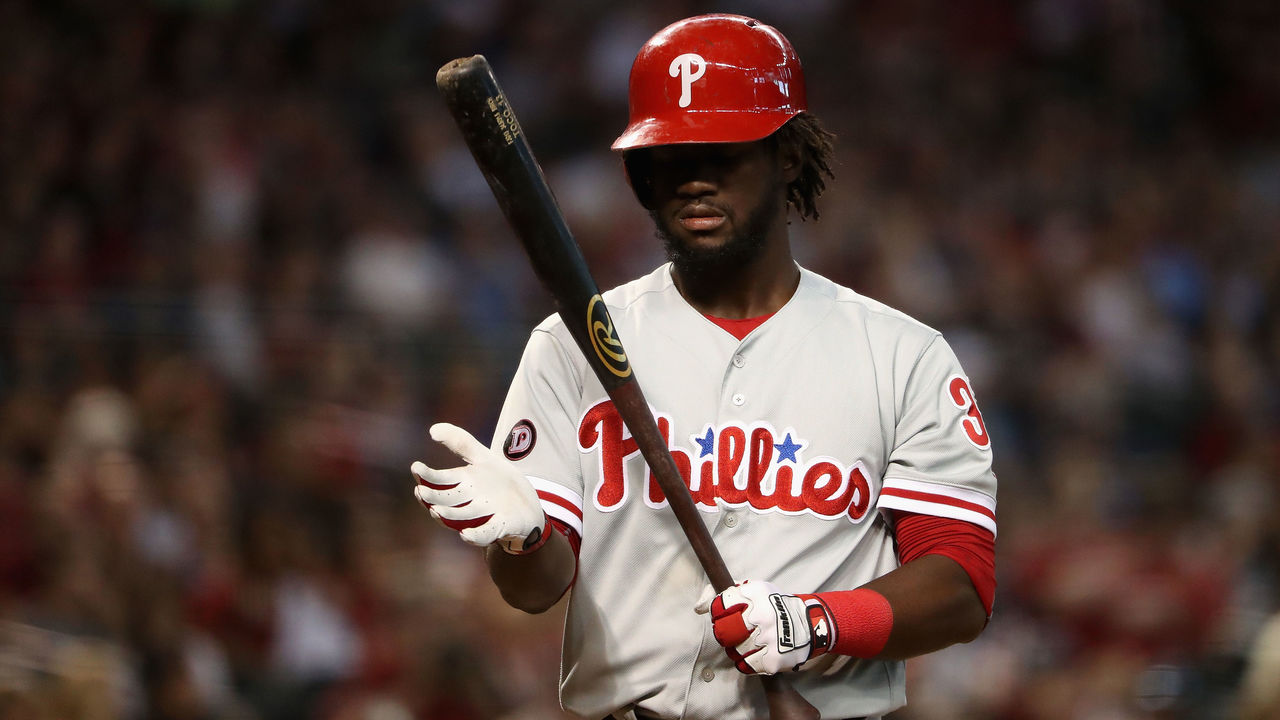
Did you know Rule 8.04 exists? I'm guessing you don't, since it seems like Rob Manfred isn't aware of it. Rule 8.04 reads in part:
When the bases are unoccupied, the pitcher shall deliver the ball to
the batter within 12 seconds after he receives the ball. Each time
the pitcher delays the game by violating this rule, the umpire shall
call "Ball."
How long has Rule 8.04 been around? Oh, only since about forever. How often is it enforced? Well ... a 2014 Baseball Prospectus article found that 8.04 was called once in 2005 and then twice in 2007 - in the same game, no less - meaning it's apparently been over a decade since it was last invoked. Here's a thought: Stop trying to disrupt the beauty of baseball's natural flow with clocks, and start enforcing the pace-of-play rule that's been in the official game rules since it was spelled "base ball." Enforcing it regularly will work, because any pitcher whose ERA spikes immediately after an 8.04-issued walk will get the message and work faster. So, to recap, read the rule book, and enforce the rules. This isn't rocket science. - Simon Sharkey-Gotlieb
Limit mound visits
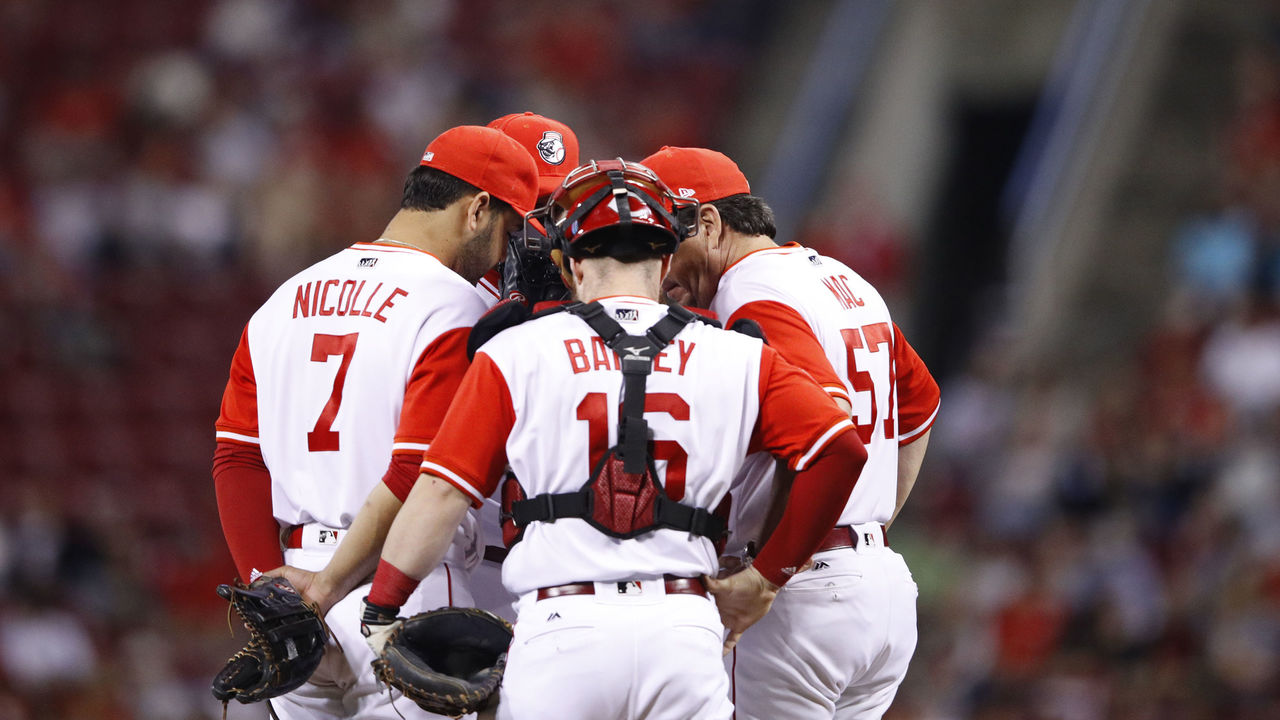
There has to be a better way to discuss strategy with the battery from the dugout than patting your chest and tapping your hat now that we're in 2018. So, let's limit mound visits to one per inning per pitcher - even for catchers. If a catcher goes to the mound, the manager and pitching coach can come too, because it all counts against the same tally.
What matters most about limiting mound visits isn't the actual practice of doing so. You're really only allowed one per inning anyway, because the second visit involves pulling the pitcher. This is more about fixing the problem of communication. What's wrong with the idea of a pitcher and catcher communicating in a way that doesn't involve putting multiple fingers down. And then, if they think their signs are being stolen, they have to switch all their signals and discuss all those changes in a minute-long congress near the mound? No. Just give the pitcher an ear piece and embed a small microphone in the catcher's mask for one-way communication. "Curveball," (pitcher shakes head); "Fastball," (pitcher nods). It would be slightly quicker and visually the same game to those watching, with no sign-stealing ever again. - Michael Bradburn
One strike, you're out
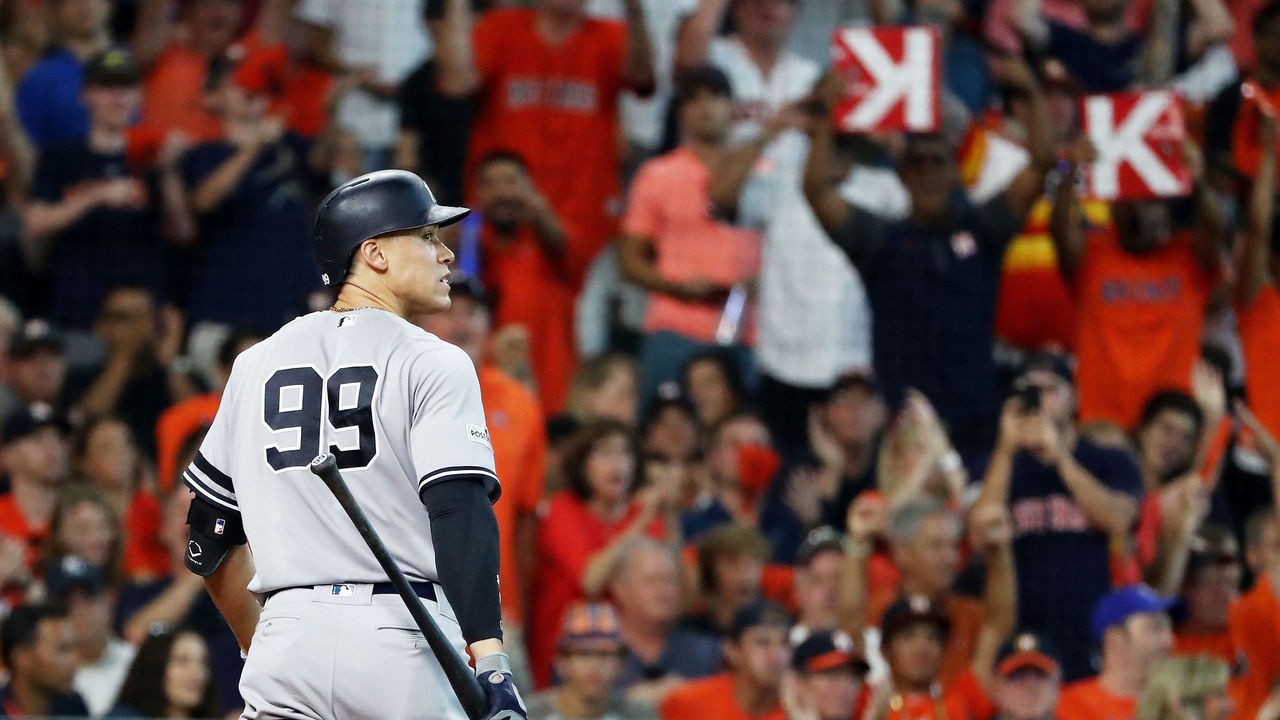
Okay, let's get real here. Major League Baseball exists primarily as a vehicle to move cable subscriptions and deliver advertising to consumers, and Manfred's allegiance ultimately lies with his corporate partners - not the fans. And since he'll unilaterally make unnecessary changes that don't really align with the interests of fans anyway, Manfred might as well consider a radical change to appease the corporations profiting off the game. With a "one strike, you're out" rule, for example, baseball's corporate overlords wouldn't have to wait nearly as long between commercial breaks, and game times would be dramatically reduced, increasing the likelihood of consumer engagement from start to finish. And let’s get rid of third base, too. Third base really slows things down. Also, bases shall now be known as squeedles. You know what, let's just make baseball football. Would that finally sate your desire to bastardize the game, Rob? ROB??!? - Jonah Birenbaum
(Pictures courtesy: Getty Images)